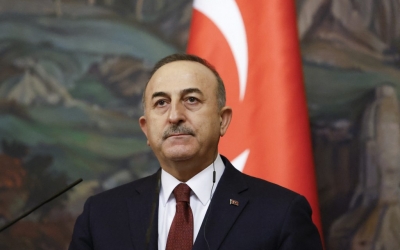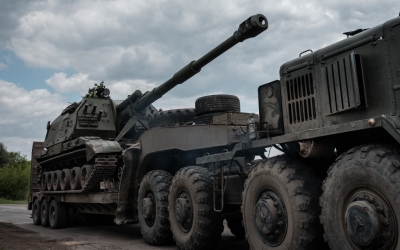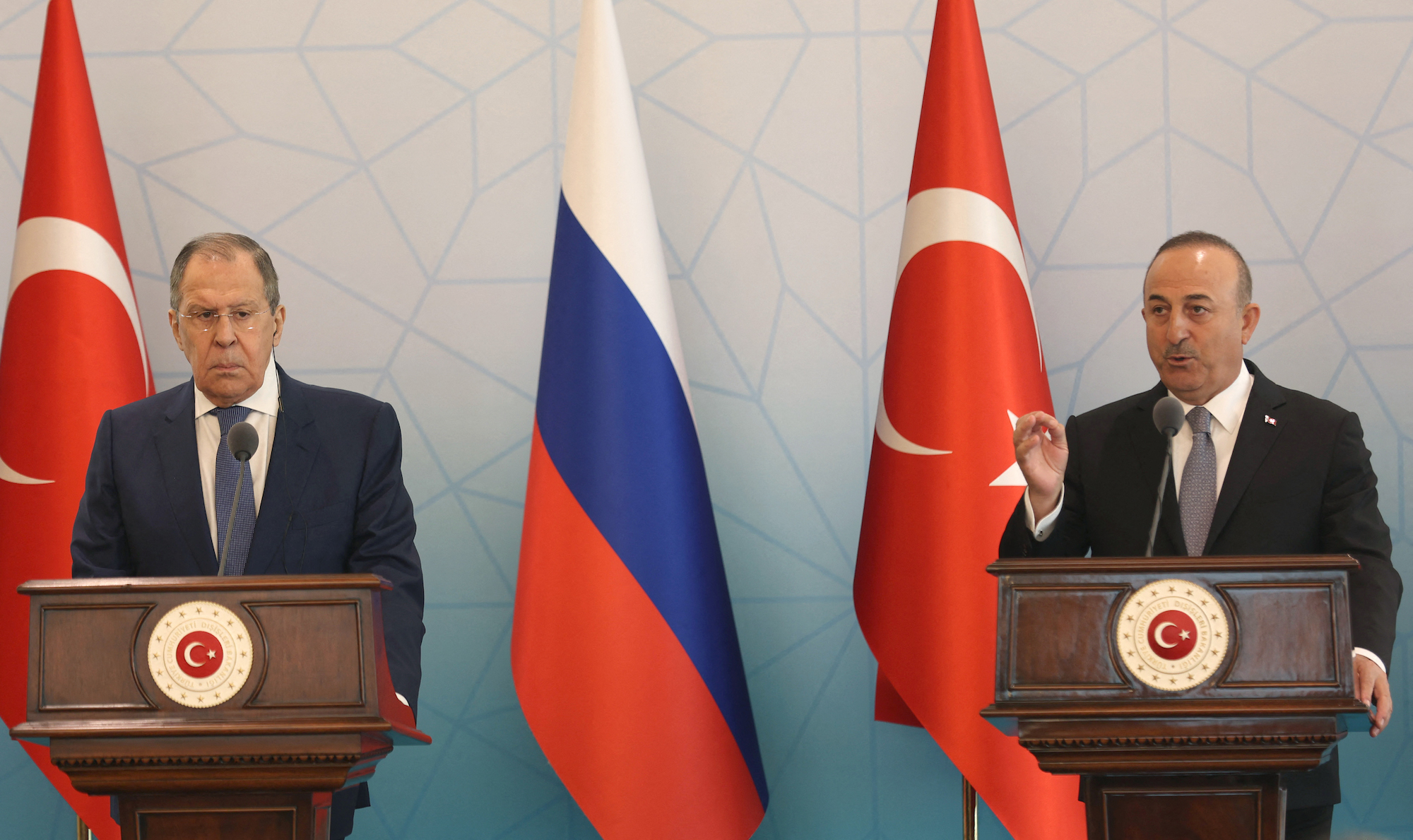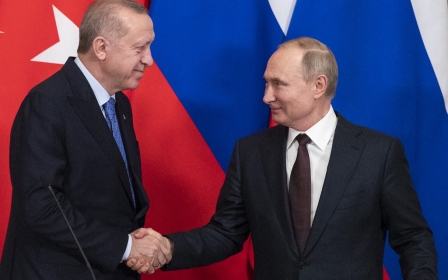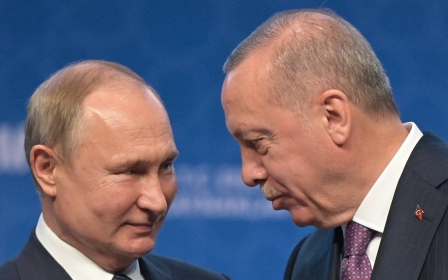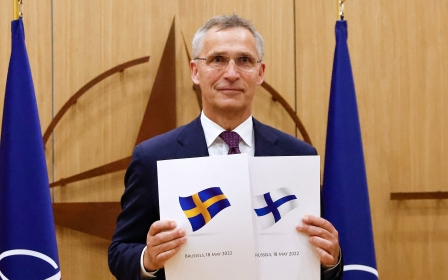Why does Turkey oppose Nato’s Nordic enlargement?
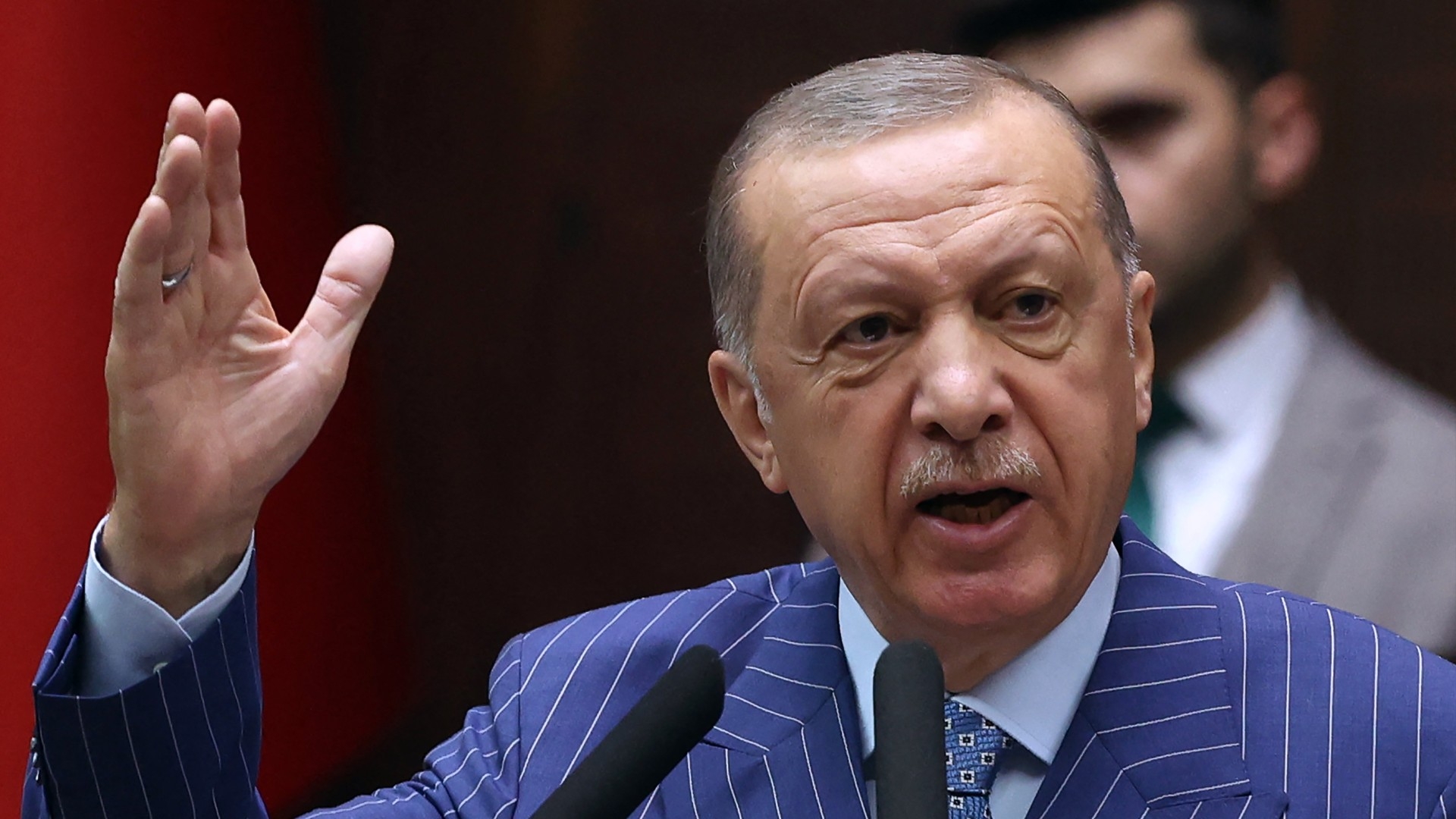
In the early months of Russia’s invasion of Ukraine, Turkey carefully managed its role in the crisis through various geopolitical and diplomatic manoeuvres. As a result, the Ankara government was able to position itself as a mediator between Ukraine and Russia and avoid intense pressure from the Russian and western sides. However, complications arose in May following Turkey’s opposition to Nato enlargement.
When Finland and Sweden applied to join Nato, all parties involved assumed that voting on their membership would be a mere formality. However, all of that changed when Ankara rejected their bids. Turkey explained the surprise move by pointing out the Nordic countries’ alleged support for the Kurdish Workers’ Party (PKK).
Despite the high stakes, Turkey’s opposition to Nato enlargement will only undermine its national interest
Turkey, the EU, and US have all officially designated the PKK as a terrorist organisation for its deadly attacks on civilians. Still, Turkish leaders have accused the Nordic countries of harbouring PKK members and allowing their activities.
Despite the high stakes, Turkey’s opposition to Nato enlargement will only undermine its national interest. If managed well, however, this crisis could serve as an opportunity for stronger ties between Europe and Turkey. Swedish and Finnish leaders’ response to Ankara's demands to respect its security concerns will also determine the possibility of resetting the Europe-Turkey relationship and potential to work together going forward.
New MEE newsletter: Jerusalem Dispatch
Sign up to get the latest insights and analysis on Israel-Palestine, alongside Turkey Unpacked and other MEE newsletters
This reconciliation could also yield a positive effect on Turkey's domestic political atmosphere, which would become less nationalistic and less anti-European. For now, it appears that both Nato capitals and Ankara believe negotiations are promising.
Long history of war
Russia's invasion of Ukraine breathed life into both Europe as a geopolitical entity and Nato. The transatlantic organisation, which has added new members eight times since it was established, responded to the Russian invasion by beginning the process of adding Sweden and Finland.
This enlargement is no surprise given the threat Russia has been posing to its neighbours. And while Russia sees Nato as a threat, it has also viewed its neighbouring countries as threats regardless of their membership status with Nato.
Ironically, Russia has experienced one of its most peaceful and stable periods in history throughout the 70 years of Nato’s existence. Despite this, Russia attacked neighbours like Georgia and Ukraine, and annexed and occupied their lands. This has led Russia's other bordering neighbours to ponder if they will share a similar fate.
One of the reasons that Russia consistently claimed for invading Ukraine was possible Nato enlargement along its borders. Russia's land borders extend to a little over 20,000km long with 14 countries. Only five of them are Nato members.
It has been 18 years since the countries bordering Russia - Estonia and Latvia - joined Nato. If new Nato enlargement takes place, the 1,300 km-long Finnish border, a country that Russia has a history of war with, will be added to the Russia-Nato border.
The Russian invasion of Ukraine created panic in the Nordic countries due to their long history of wars with Russia and triggered their formal requests to join Nato.
Security concerns
Turkey's response to Finland and Sweden's request to join Nato should be viewed as part of a timeline of events.
Though Turkey may have a democracy deficit and nationalism problem, it still must be recognised that its precarious security situation has been painful and devastating to its society.
Turkey’s concerns about PKK activities flourishing in those countries have increased tensions between Turkey and Europe. Europe must distinguish between criticisms of the quality of democracy in Turkey and activities that openly support terrorism.
This distinction is no longer just important in the bilateral relationship, but has expanded to include Nato. Second, Europe and Turkey must decide where they see each other geopolitically. This could have been more easily answered in the period from 2002 to 2010 when relations between the two parties were on a more solid footing.
From Turkey's perspective, not enough importance was placed on its EU membership process both by Brussels and even the US, as an external actor. In March, Turkish President Recep Tayyep Erdogan asked the EU to relaunch its membership negotiations.
An argument can even be made that Turkey’s membership would have been the most important geopolitical and security move for the EU since its establishment. As an EU member, Turkey could have consolidated the EU's geopolitical borders on the south-eastern flank and helped establish the EU and Turkey's respective roles. Had this occurred in the first decade of this century, the world may not have witnessed the magnitude of Russia’s threat to the region since 2008.
In the same vein, Turkey would not have needed to develop its relationship with Russia in order to manage the threats from Syria. Despite having completely opposing interests in nearly every significant hotspot from Libya to Nagorno Karabakh to Ukraine to Syria, Turkey still ended up purchasing S-400 missiles from Russia. This further damaged relations with the West, weakened democracy at home, and had little to no positive impact in shifting Russia’s policies.
Ankara's geopolitical value
With Nato’s ongoing enlargement, a full-blown crisis could erupt if Turkey does not receive a meaningful response to its security concerns. For Nato, this will mean an inability to respond to a post-Cold War Russian threat, while for Turkey, it means putting its last functional relationship with western countries at risk.
As Turkey continues to confront numerous regional threats, it is time for Nato, the EU and the US to initiate a dialogue with Ankara. Something needs to be done about Russia’s sustained presence in Syria and its ongoing provocations.
At the same time, Washington has been silent on the Greek government’s threats to militarise the Aegean islands with Prime Minister Kyriakos Mitsotakis stating that Turkey has no place in Cyprus. Turkey needs to know that President Biden is listening, and there needs to be greater cooperation between the US and Turkey.
Turkey’s ability to develop a relationship with Russia while still being a Nato member has also put it in a unique position
Turkey is also at fault for the breakdown in the relations, but Erdogan has expressed a willingness to talk.
Since Russia's invasion of Ukraine, Turkey has managed to strategically position itself in the current global crisis. However, it needs assurances from allies that the country’s security concerns will be addressed.
Its geopolitical position has both created difficulties for the country and opportunities to play a vital diplomatic role. Turkey’s ability to develop a relationship with Russia while still being a Nato member has also put it in a unique position.
Ankara's recent move to oppose the expansion of Nato shows the dangers of being in the eye of any storm that develops. The debate has now shifted to talk of Turkey solving its problems with the US. However, it is also complicated by the reality that resolving the Nato enlargement issue may leave Turkey more vulnerable to the Russian threat.
Any advantage gained from the Nato issue should not be limited to modest gains in the country’s “war on terrorism” and should instead be more strategic. This could include sales of F-16s, re-admittance to the F-35 programme, and removing US sanctions against Turkey. Should these conditions occur, Turkey will have achieved a significant diplomatic victory. The Biden administration has recently indicated its willingness to pursue a new arms deal with Turkey.
There are, however, risks beyond an ongoing problematic relationship with Nato. It could even reach the stage where Turkey's position in Nato is under threat.
The Russian problem will likely continue into the near future, and Ankara must maintain its position in Nato to protect its security interests.
The views expressed in this article belong to the author and do not necessarily reflect the editorial policy of Middle East Eye.
Middle East Eye delivers independent and unrivalled coverage and analysis of the Middle East, North Africa and beyond. To learn more about republishing this content and the associated fees, please fill out this form. More about MEE can be found here.



